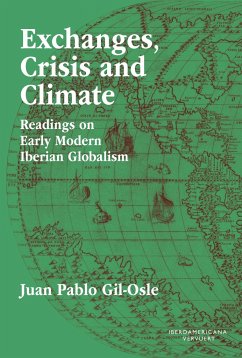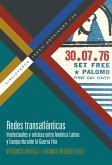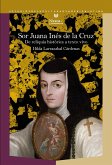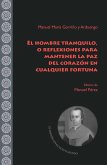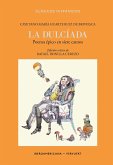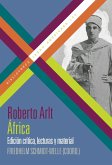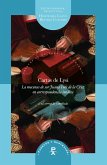Since 2004, themes of the "Global" and "Climate" have percolated into Hispanic Studies. However, the discipline lacks a comprehensive perspective regarding the analysis of representations of expansion and crisis in early modern literature. This book addresses part of that by focusing on the impact of Iberian globalizations and weather unpredictability on the arts. The first part explores 16th-century globalizing impulses through the creation of world routes and markets that crystallized in the opening of trade with China. The second part focuses on a concomitant phenomenon to transcontinental and transoceanic explorations: the climatic crisis known as the Little Ice Age and its literary depictions. As a result, this book proposes a new vision of the Golden Age and colonial literatures by incorporating Hispanisms into fundamental debates of the 21st century, such as global development and the climate crisis, the responsibilities of the Anthropocene, without forgetting the role of the arts in the processes necessary to assimilate the consequences of exchanges and growth.

